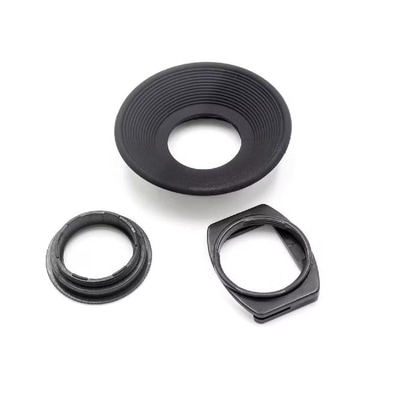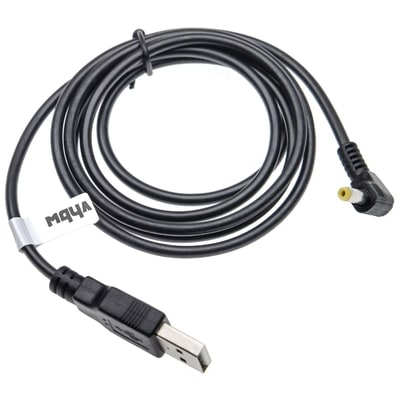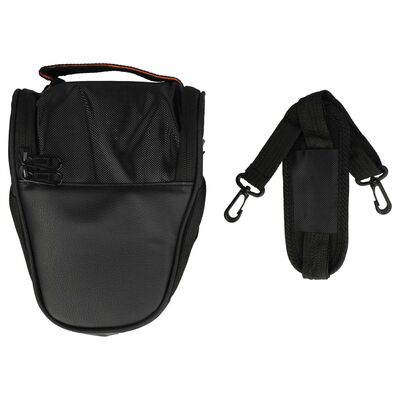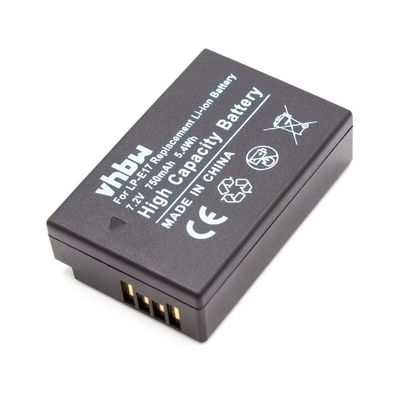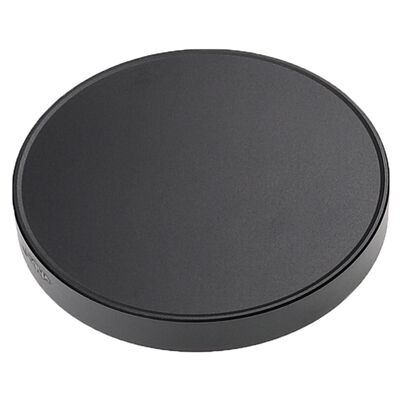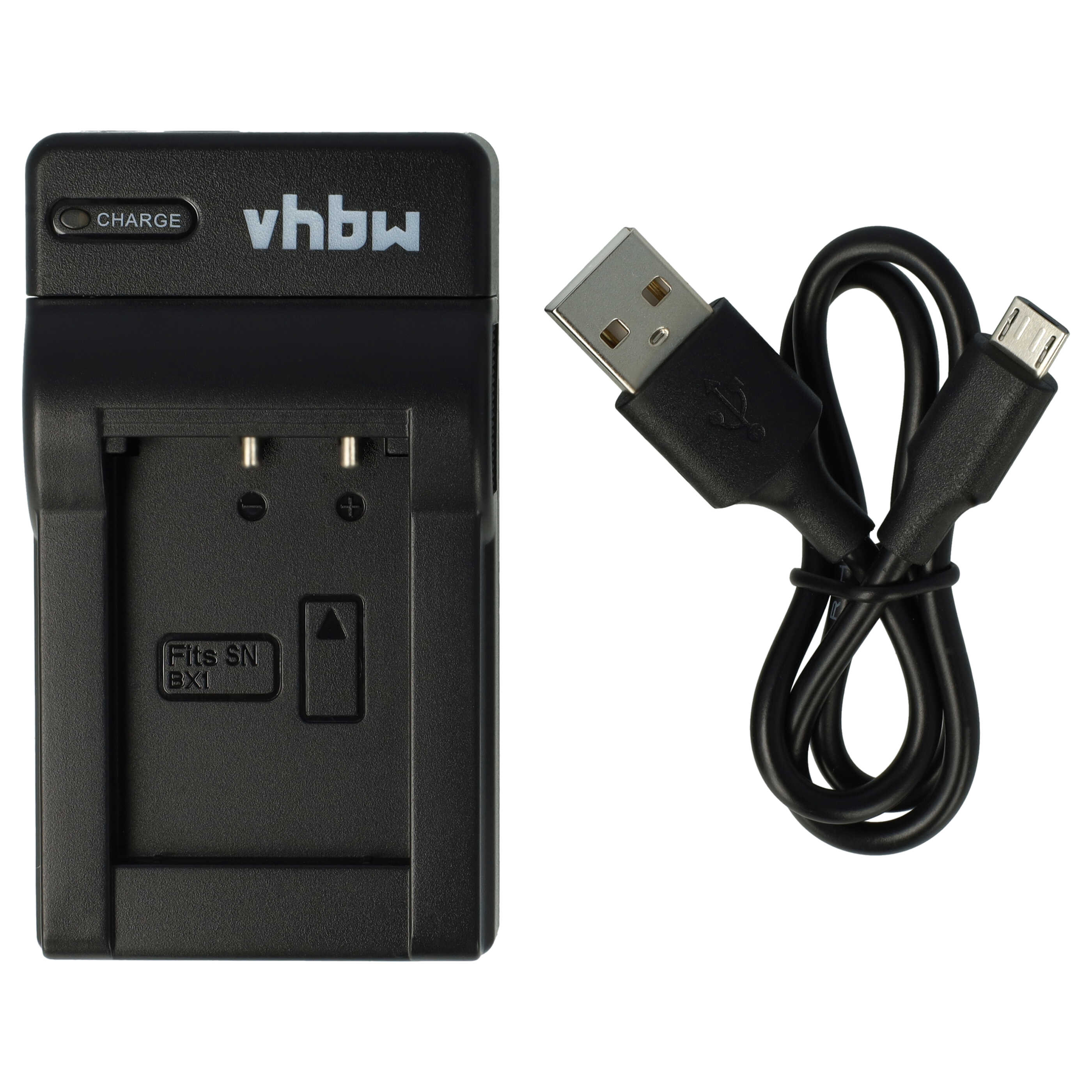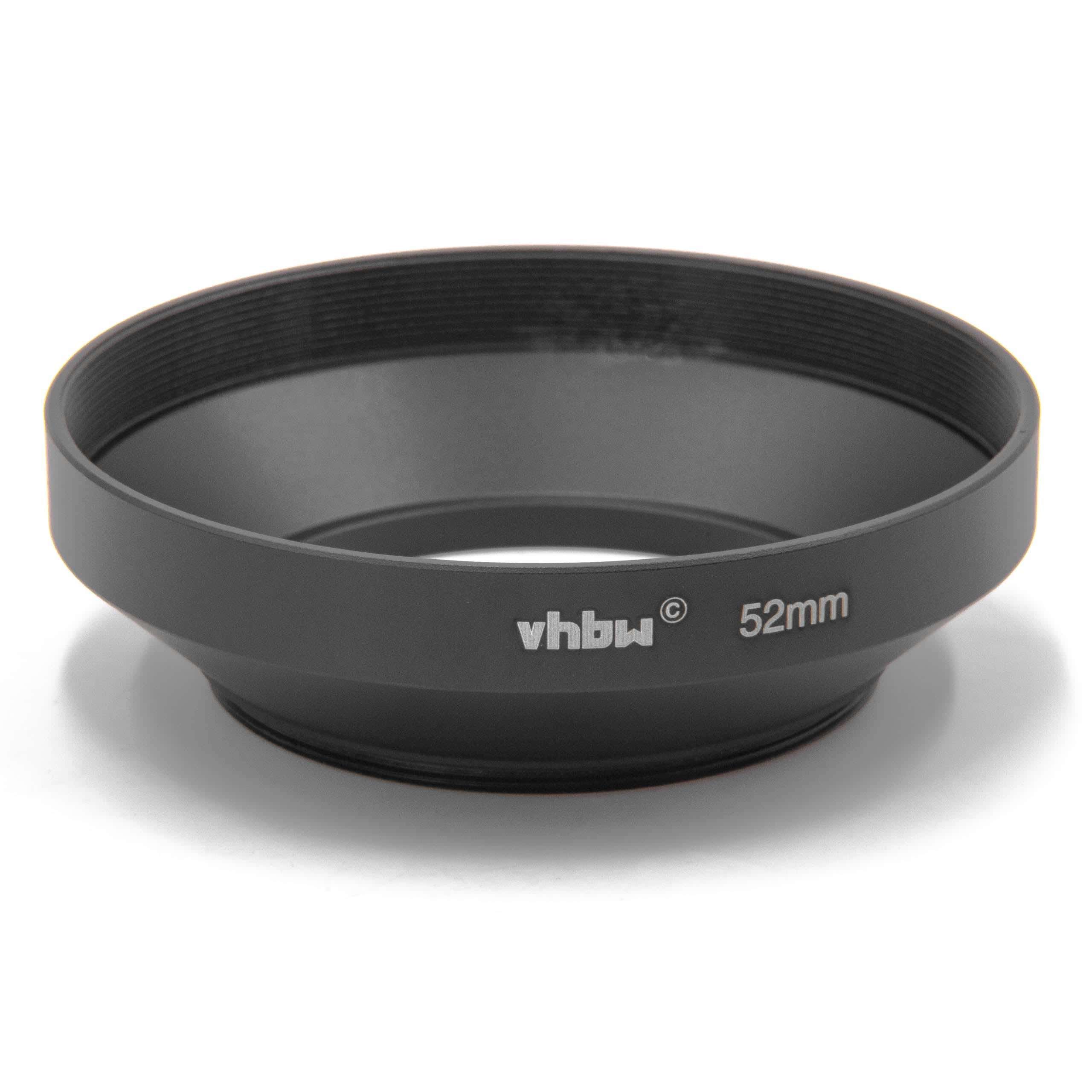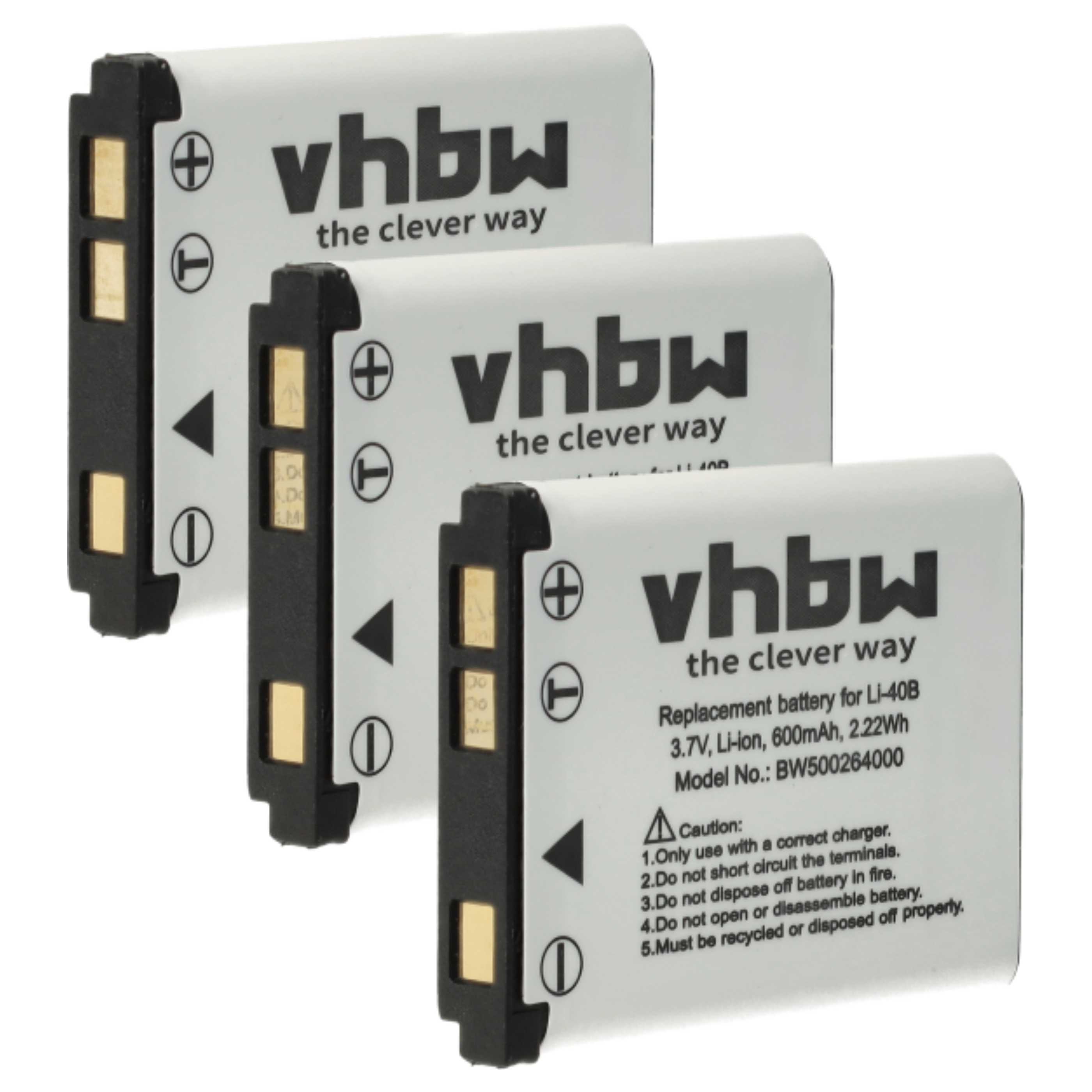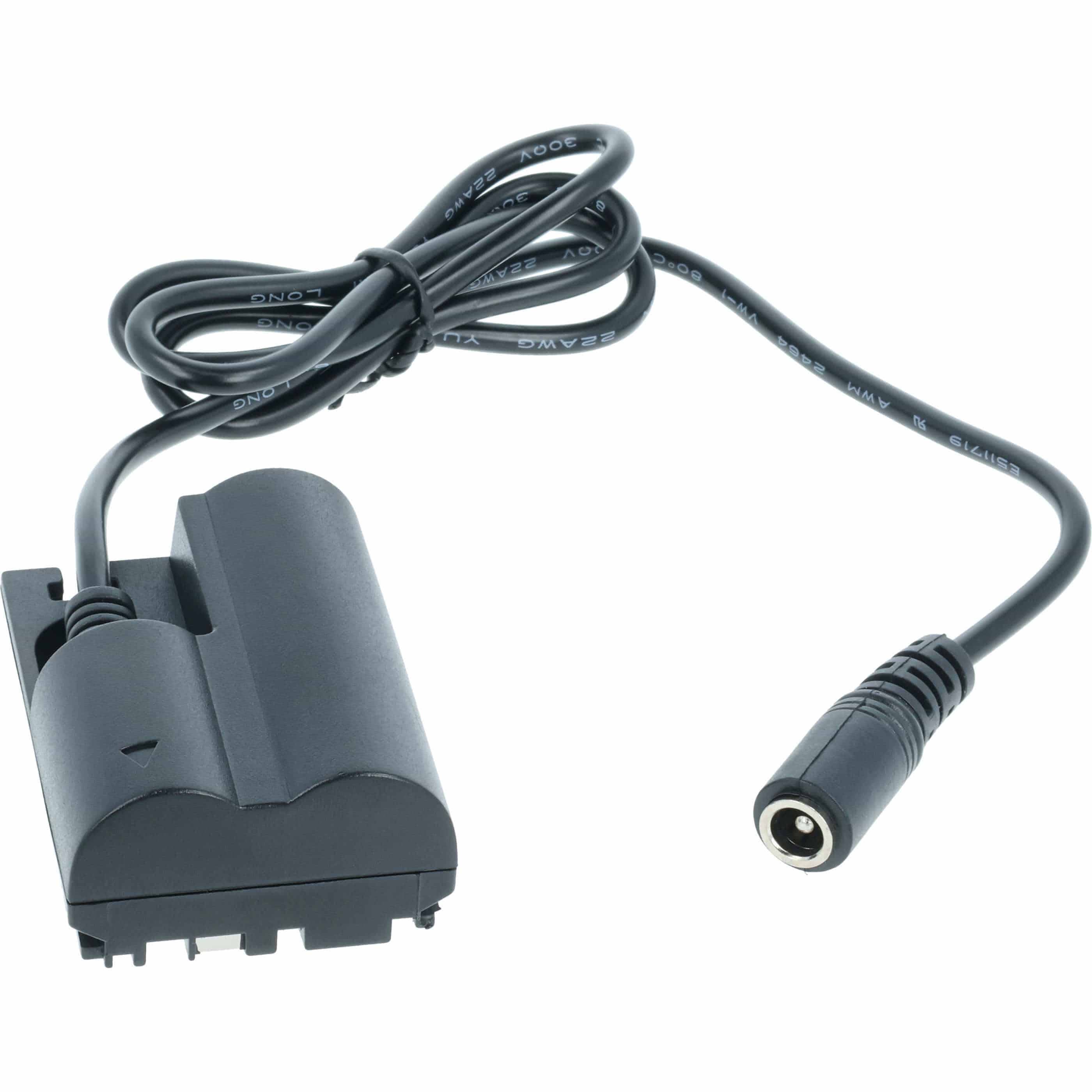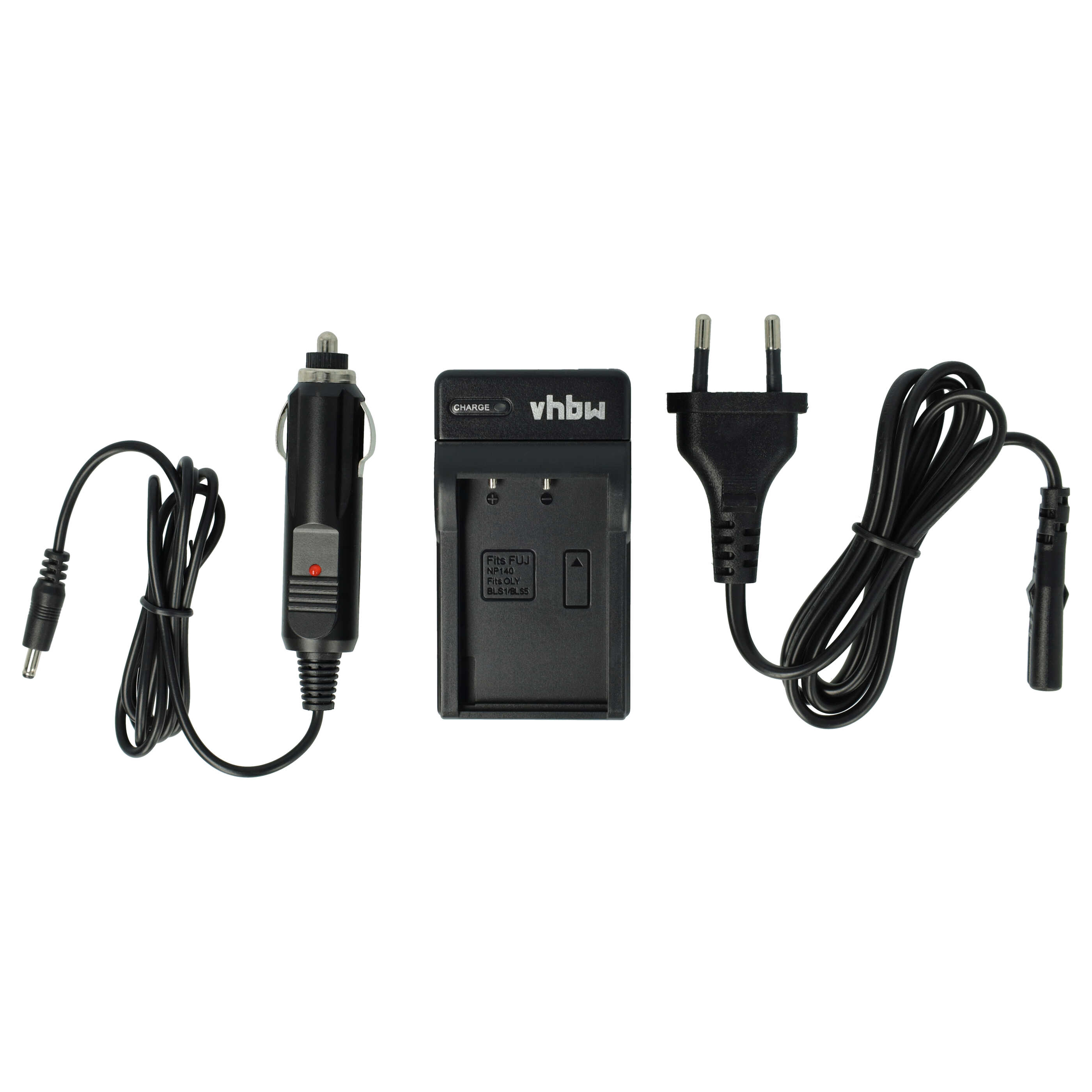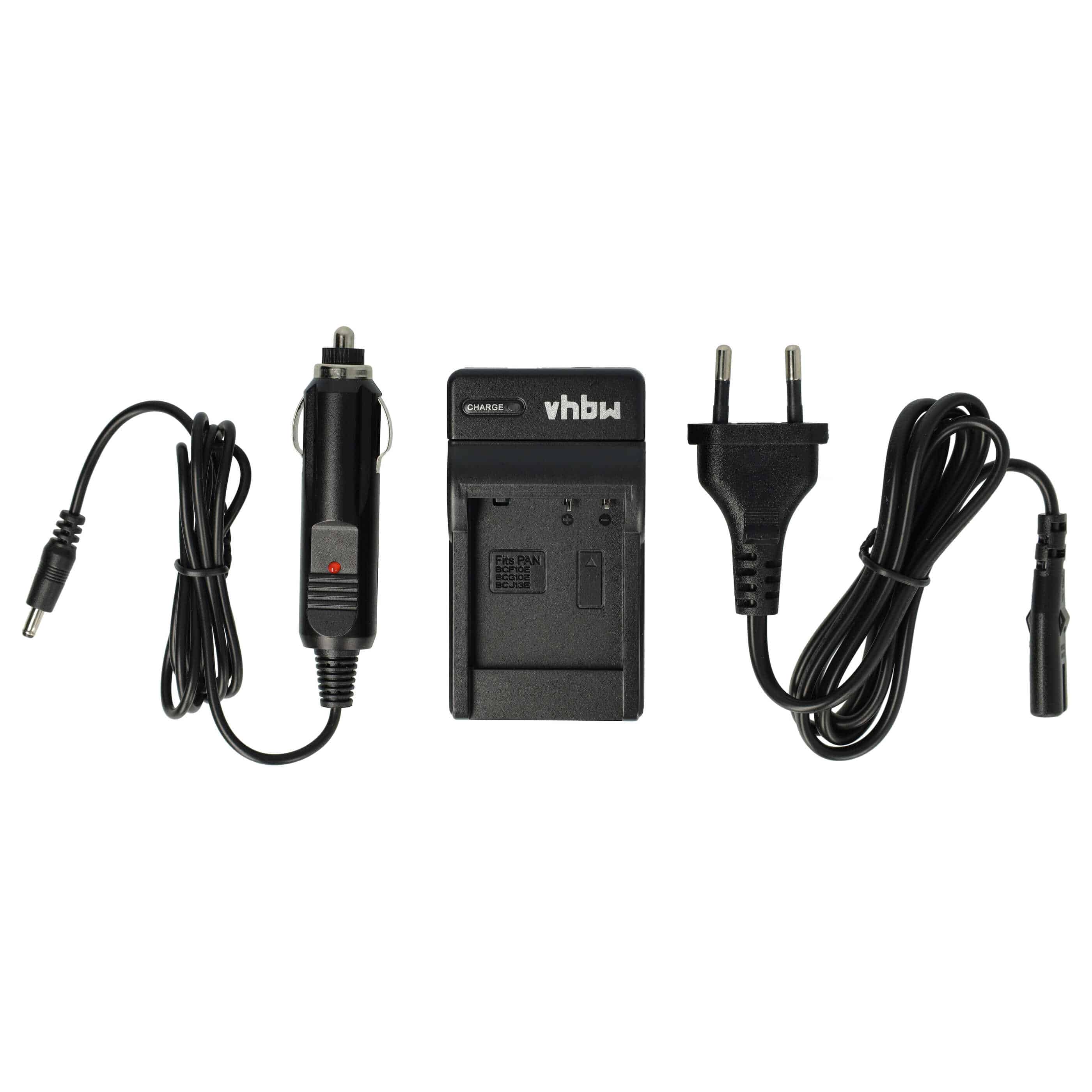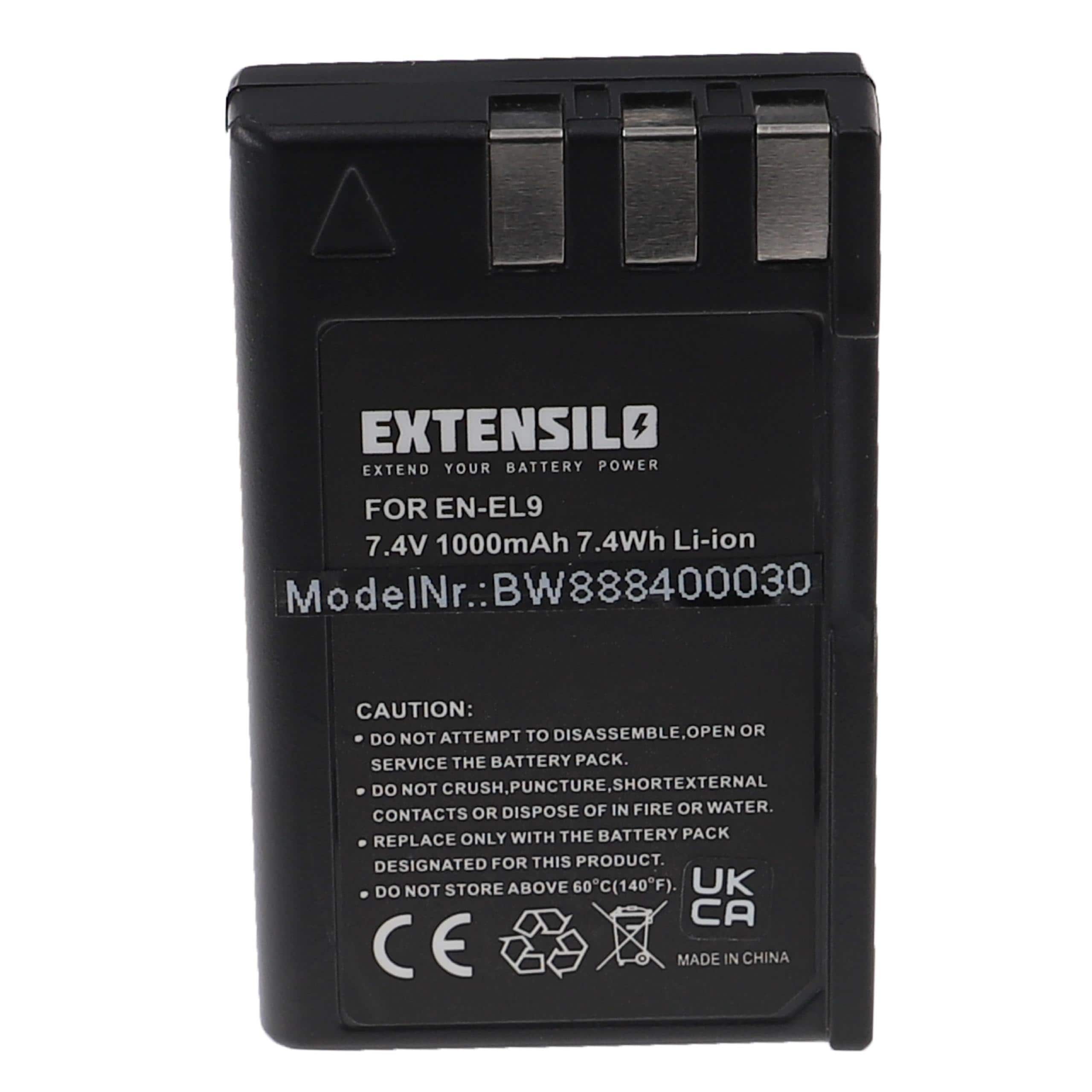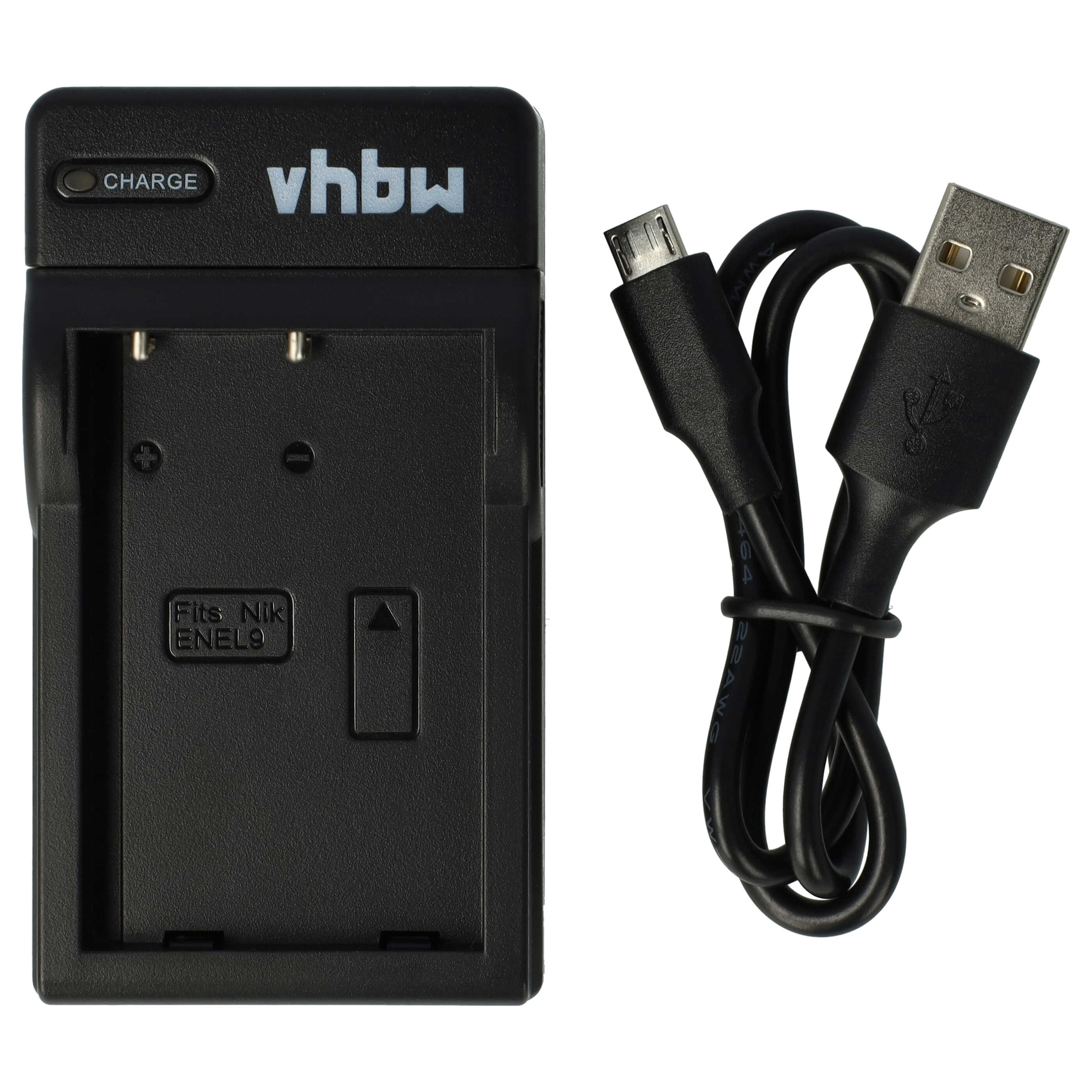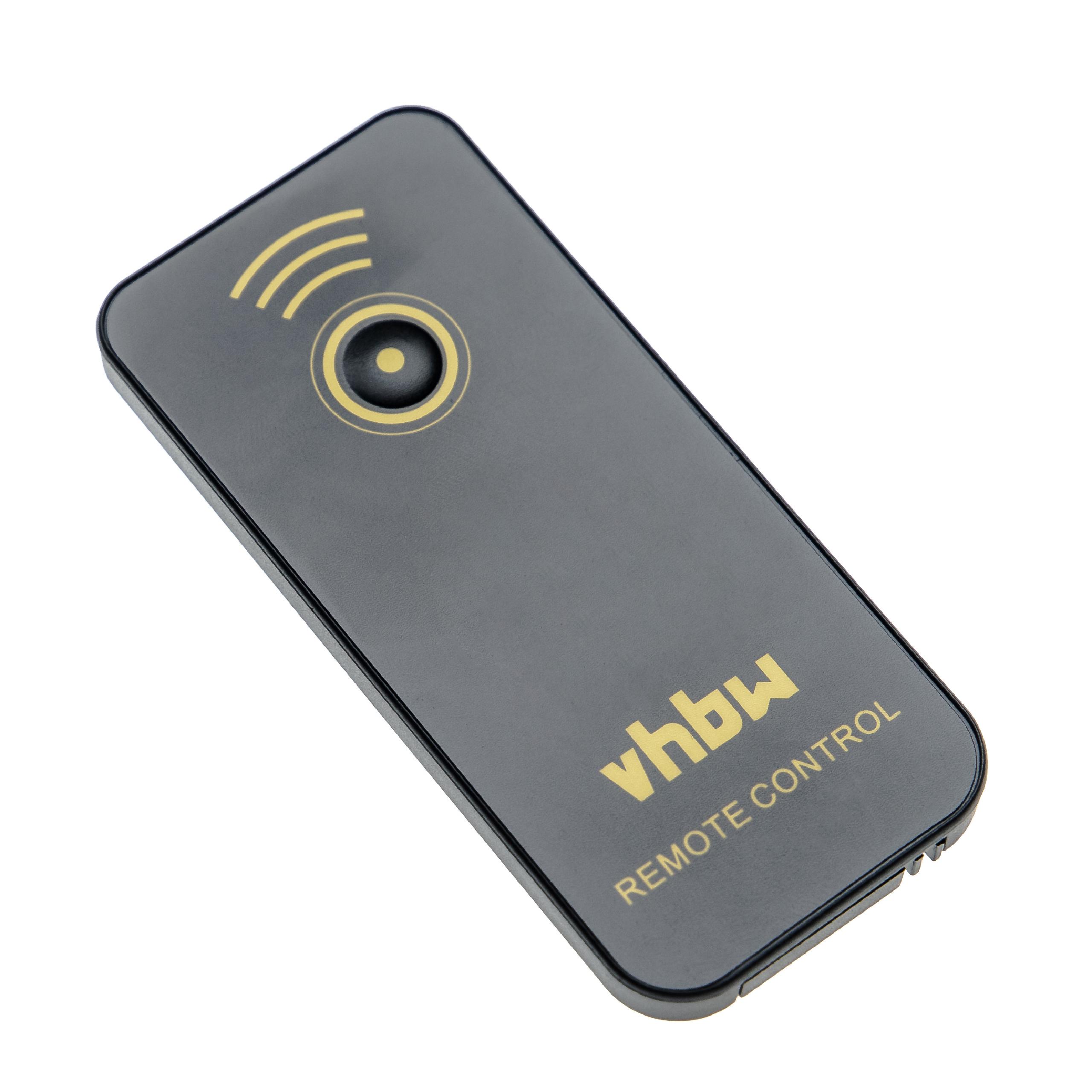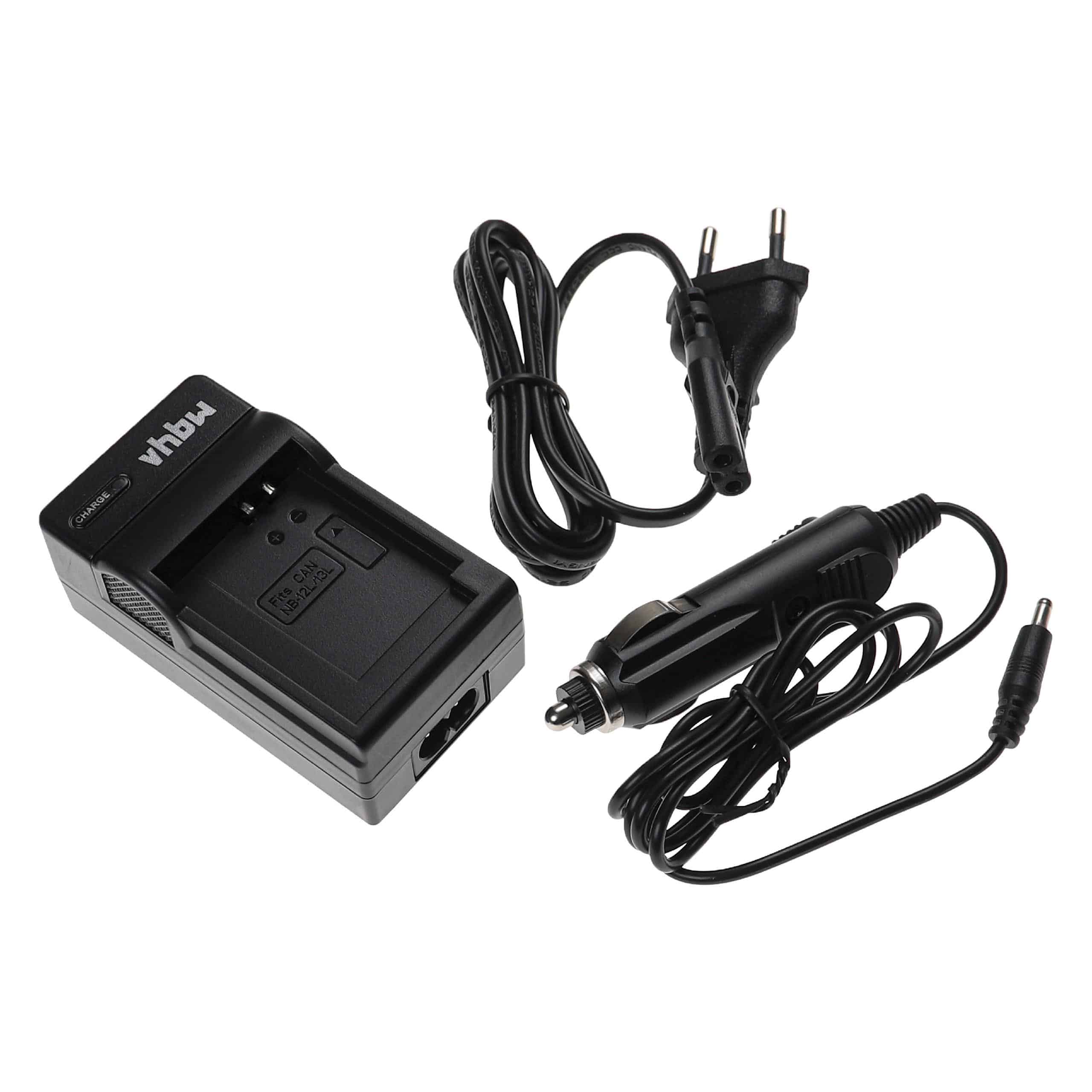Camera Accessories
Every photographer, whether a hobbyist or professional, knows how expensive good camera equipment can become. Bags, various filters, lenses with different dimensions, tripods, flashes... it all adds up. Professional photographers, in particular, frequently invest significantly in assembling high-quality equipment. But what accessories do you really need to achieve decent results, and how much do you have to spend? We have answered these questions and many more for you.
Top Seller
What do beginners need?
The basics with which every beginner can get started in digital photography are a classic SLR camera with a simple zoom lens. Once you've become acquainted with this basic equipment and decided to make photography a regular hobby, you should begin looking into the appropriate accessories. You don't necessarily have to look for original brand products. You can calmly reach for replacement camera parts that are a lot less expensive and precisely aligned with the brand's products. Our camera product line from vhbw offers an ideal way to assemble quality equipment without breaking the budget.
How do you find the best camera for you?
Without a camera, even the best photography equipment is useless! Until recently, the only true professional camera was a single-lens reflex camera, but times have changed.The large, bulky SLR cameras are increasingly being replaced by more compact system cameras that work without a mirror. As a result, if you are looking for a particularly inexpensive SLR camera, you can now find one for a few hundred euros used. Even though manufacturers are now focusing more and more on mirrorless system cameras when it comes to selling camera accessories and hardly make any accessories for SLR cameras anymore, users of the large mirrorless cameras can rest easy because ElectroPapa offers a wide range of camera accessories for different designs and manufacturers.
Which format is the best?
System cameras are available as full-frame, MFT, or APS-C. The abbreviations denote the sensor size of the camera and thus determine the image characteristics and image quality. The largest format is the full frame, which scores points for its size but is a lot more expensive. If you want to dig deeper into your pocket for additional image quality, we recommend the full-frame format, but a camera with an APS-C sensor size is absolutely sufficient for beginners. It represents an optimal middle ground between the full format and the MFT format and offers brilliant image results with the right photographer's knowledge. Also, the camera lenses are usually cheaper here than with the larger full formats.
Matching lens elements
In order to achieve optimal photo results, it is essential to pay attention to good quality when choosing a lens. Inferior products can distort the photos or show annoying spots. But don't worry; vhbw offers several camera lenses for different manufacturers that are in no way inferior to the brand's products. You should just make sure to choose the right lens size to ensure compatibility.
If you are looking for a new lens, you will have noticed the numbers that are given each time. These numbers give details on the following factors: aperture, angle of view, and focal length. These numbers are of great importance when choosing a new lens because they influence the image result enormously. Before buying a lens, you should be aware of the purpose for which you want to use it, and in no case should you buy wildly.
For example, there are objective lenses for the following image angles:
- wide-angle attachment lens
- Close-up lens
- Teleconverter (also known as "telephoto lens")
The focal length
The focal length is the distance between the camera lens and the focal point. The specifications for this are given in millimetres and are decisive as to whether you are holding a normal lens or a wide-angle lens in your hand. Lenses with a focal length of 50 mm are called normal lenses, and lenses below that are called wide-angle lenses. There are also subcategories such as super wide-angle lenses or telephoto lenses. By the way, lenses above 50 mm are considered telephoto lenses. These specifications give you information about the size of the image section that you can photograph.
Camera spare parts
Now that we've covered the basics of photography, let's move on to photo accessories, which no digital photography equipment should be without. Only with the right camera equipment you can achieve high-quality photos that will inspire you in any situation.
The best way to start is to get a practical backpack or a stylish shoulder bag to comfortably store all your accessories. This way, you can always carry the set with you, ready to use and well-sorted. These camera bags come well padded with various compartments, so each accessory also finds its place and remains intact even in minor falls. Pack a spare battery as well as extra SD cards to ensure that you're well-equipped even for long photo sessions.
A tripod is not necessary for classic photography in a quiet environment and in optimal daylight, but we still recommend it. A tripod is especially useful in changing lighting conditions because it provides a stable image even when the aperture has to be open for a longer time in dark lighting conditions. By hand, the photos would quickly blur and become unusable. By the way, for photos close to the ground, there are particularly low and handy mini tripods that reliably stabilise even large and heavy SLR cameras.
A handle is a handy alternative to bulky tripods and provides additional stability. In enclosed spaces, it is also worth investing in a lamp tripod to be able to use the lighting exactly where it is needed. Above all, those interested in portrait photography should invest in flashes, good lighting, self-timers (with matching remote release cables), and a remote control.
For experienced photographers, a battery grip is a helpful gadget. It offers an extended operating time due to a second battery. With some models, it is equally possible to use batteries, which come in handy abroad and in remote areas. Batteries are easy to transport, and spare batteries can be purchased in many places. Another plus is the extended grip that the battery grip offers. This provides additional stability, just like a handgrip.
Camera filters, by the way, are fascinating gadgets. These come in a variety of designs:
- Polarizing filters
- Color filters
- Fluorescence filters
- Infrared filter
- Neutral density filters
- Star filter
- Graduated filters
- UV filters
- Blur filter
These enable special photo effects, which we also know from photo filters on smartphones. Thanks to filter in the lens, the photo already has the desired effect without post-processing. This saves you from having to add filters later using image editing programs.
After the photo session, the photos taken should be dragged from the SD card to the PC or external hard drives for further editing and use. To connect the camera to the PC, a USB cable is used. It is worth having a selection of AV cables and camera cables in the house, as these cables are compatible with different devices. Likewise, it is worth investing in a card reader to read SD cards faster.
How much does photography cost as a new hobby?
Many interested people are reluctant to take up photography because they believe that it is an extremely expensive hobby. However, if you know the cost-saving tips for putting together beginner equipment, you won't have to dig deep into your pockets at all. Modern cameras are expensive to buy, but the maintenance costs are low because all the photos are taken and edited digitally. When it comes to a camera, you can also gladly reach for a used one. Because the latest models are always coming onto the market, the market for used cameras is huge.
With our tips for on-camera accessories, we have already listed everything that belongs to good equipment. Think about what you want to achieve with photography and what aspects are important to you. Gradually, you will develop a good feeling about what other parts you need for your camera. So don't rush into your first purchase; try it out first. In time, you'll notice what other lenses or camera filters might help you create your perfect photos.
Whether you want to specialise in landscapes, portraits, animals, sports, nature photography, or indoor photography, you'll find the right accessories here. At ElectroPapa, we offer everything you need for your photos and camera: In addition to lenses, filters, and batteries, we also offer suitable camera power supplies and chargers. With high-quality products from vhbw, you don't have to pay a lot of money for good photo equipment, but you get the best quality at an attractive price. This way, you can take professional photos, like in the studio, that will inspire everyone.




